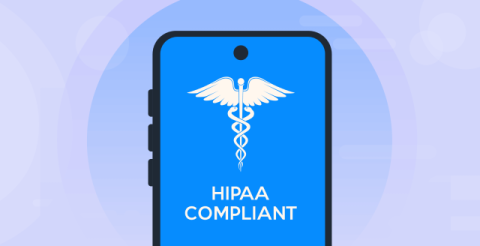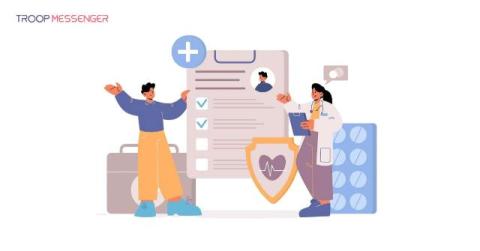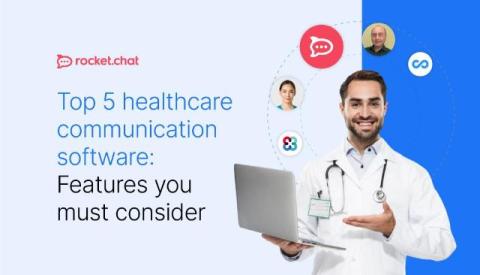How Healthcare Collaboration Software Enhances Interprofessional Cooperation
Great healthcare is a team effort. Doctors, nurses, specialists, and administrators need to work together to provide the best care. Easier said than done, of course. The reality is usually miscommunication, slow processes, and lost information get in the way and create challenges no one can afford. That is where the difference is wrought by healthcare collaboration software. These tools simplify how teams connect, share updates, and stay organized.










